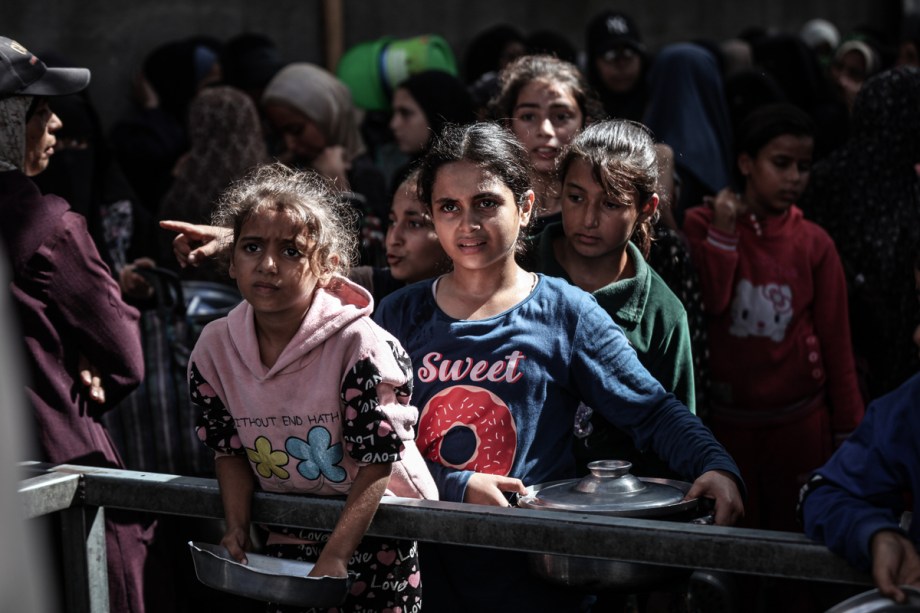The World Health Organization (WHO) warned Thursday that hunger and suffering in Gaza remain severe despite a fragile ceasefire, saying that aid levels have barely improved and medical evacuations are far too limited to meet needs, Anadolu reports.
“The ceasefire announced two weeks ago is fragile and has been violated, but continues to hold, which is great news for everyone,” WHO Director-General Tedros Adhanom Ghebreyesus told a press briefing in Geneva. “However, the crisis is far from over, and the needs are immense.”
Stressing that “there is no shift in amount of aid since ceasefire,” Tedros said the aid has increased since the ceasefire but is still “only a fraction” of the actual needs.
“There is no dent in hunger because there is not enough food,” he said, noting hunger takes longer to reverse. He added that many of the trucks entering Gaza now are commercial, which does not help the case, as people cannot afford to buy.
Regarding the medical evacuations, the WHO chief warned that “once-a-week medical evacuations are not enough,” as well as the one or two routes made available for such operations. He urged Israel to allow patients to travel to the West Bank, including East Jerusalem, to receive treatment immediately. “For some, delays mean death,” he said, as 700 have died while waiting.
READ: UN chief urges Israel to comply with International Court ruling on Gaza
Still, he stressed that 15,000 patients, including 4,000 children, require treatment outside Gaza, urging countries to accept more patients.
He urged the opening of all crossings, including Rafah, which was supposed to be opened last week, and added that “a significant amount of aid has built up at Al-Arish in Egypt that is ready to enter Gaza as soon as the crossing is opened.”
According to Tedros, WHO’s 60-day cease-fire plan requires $45 million to maintain life-saving services, strengthen disease surveillance, and coordinate partners. But he warned that rebuilding Gaza’s health system “will cost at least $7 billion.”
More than 170,000 people are injured, including 5,000 amputees and 3,600 with severe burns, while about one million need mental health care, he said.
READ: Swiss Solidarity Day raises over $5M for humanitarian aid in Gaza

